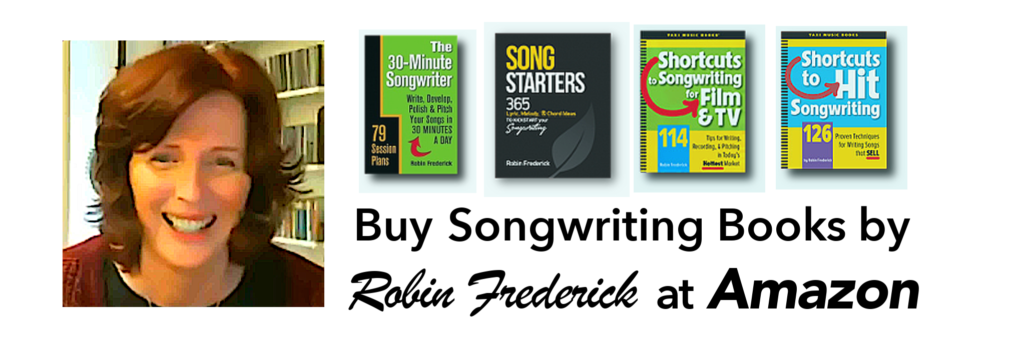Every successful song has a theme; it’s the emotional message at the heart of the song. The majority of hit songs are built around love relationship themes: I love you. You don’t love me. Your love saved me. You cheated and I’m jealous. I don’t love you anymore. We’re soulmates. You take me for granted. I miss you.
These are a few of the themes that songwriters visit over and over again. For instance, many songs has been written on the theme, “I’m grateful that I have your love.” Because listeners have heard this theme so often, they tend to tune it out, especially if the lyric uses the same images and phrases they’ve heard before. So, if you want to write about this idea, you’ll need to find a way to bring it to life, make it compelling, intriguing, fresh, and exciting.
A great example of a hit song based on this theme is Alicia Keys’ “Like You’ll Never See Me Again.” In this lyric, Keys explains how she avoids taking love for granted, and urges her lover to do the same, by remembering that life itself is fleeting, sometimes separations cannot be avoided. “Kiss me like you’ll never see me again” ” ‘Cause Lord only knows another day is not really guaranteed.”
Her message is serious: I’m grateful that I have your love in this moment because I know we might not be here tomorrow. There’s a feeling of urgency, of mortality. Mortality isn’t an idea we usually associate with love relationships, so it gives the song’s theme a powerful, unique emotional slant. Listeners are likely to be intrigued, perhaps stop and consider their own relationships. This is exactly what you, as a songwriter, want them to do!
Try It Now
1. Choose a theme you’d like to write about. Maybe it’s something you learned from a love relationship, or something you’ve observed about life, or something you believe or feel.
2. Personalize your theme. Use “I” or “my” in the phrase. If your theme is “Love lasts forever,” try changing it to “My love for you will last forever.” When you make it something that has happened to YOU, the theme starts to suggest situations you can use to get your point across.
3. Now explain what you mean. Make a list of different ways you could make someone understand what you feel. Try writing sentences that start with:
“It’s as if I…”
“It feels like…”
“In other words…”
Use examples, images, be as persuasive as you can! Write down everything that comes to you. Don’t think about rhyming or line lengths, just write down all your ideas. Take a break, then come back and write even more. It’s important that you communicate what you feel and describe it so the other person understands and identifies with you.
Try using some of this material as the basis of a verse and chorus lyric. Look for the line that you think expresses your idea in the most powerful way and put that line into your chorus. You might even consider making it the title of your song. Then, work up a verse lyric that supports your chorus and leads the listener toward it.
This is the kind of lyric that has the potential to catch the ears of an audience and make them listen because you have something to say that they haven’t heard before. Everyone is interested in a new way of thinking about emotions, life, or love. If you’ve got an insight, a little twist, a fresh approach, something surprising to say, there’s an audience that will want to hear you!
Find out more about creating song themes and raw material on my Tips and Inspiration website.

